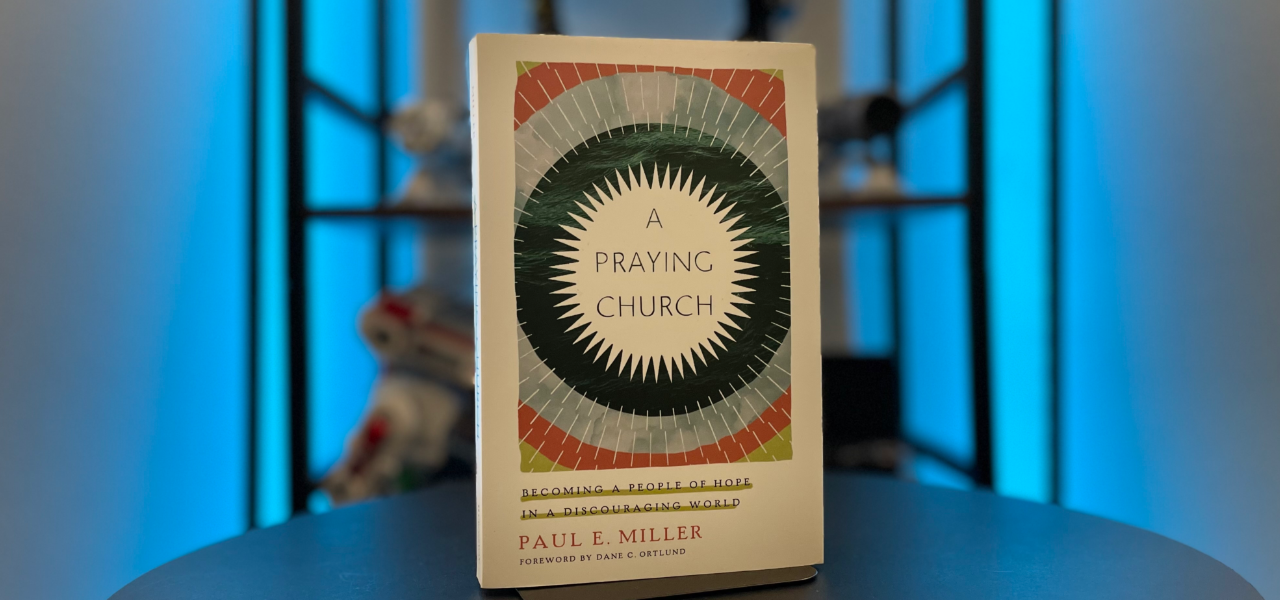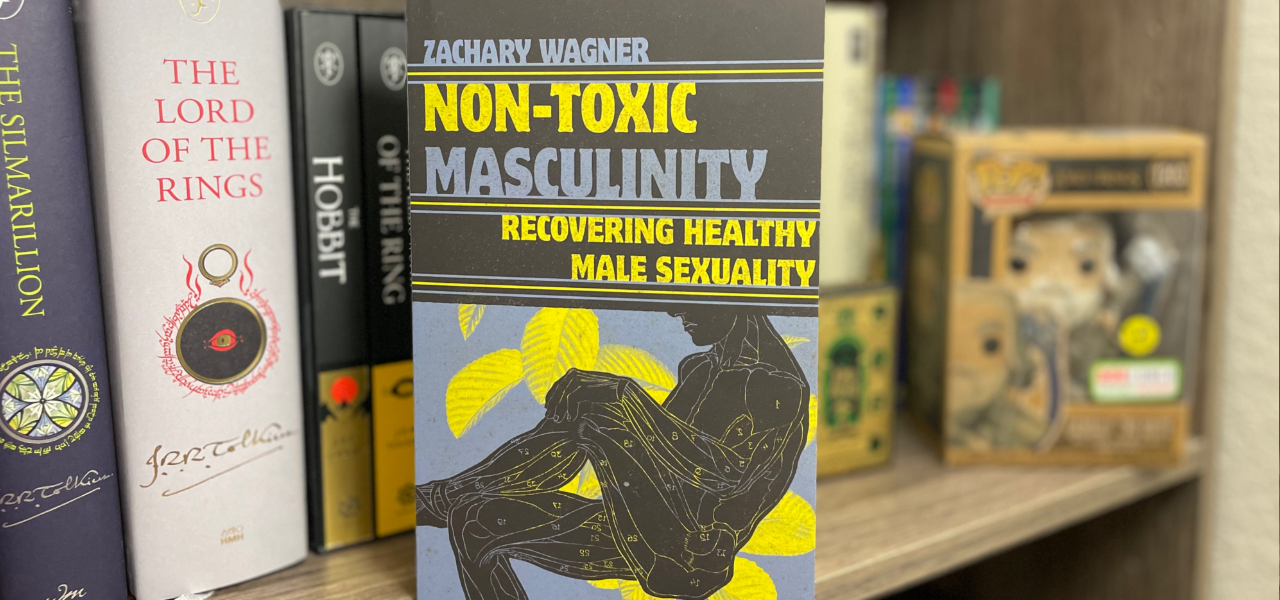Only Quiet On Earth: A Silent Saturday Meditation

It’s Saturday. Jesus is dead and has been buried. Traditionally, it is called Silent Saturday, because there isn’t much happening. The only gospel to mention any activity on this day is Matthew’s.
Matthew 27:62-66
The next day, which followed the preparation day, the chief priests and the Pharisees gathered before Pilate and said, “Sir, we remember that while this deceiver was still alive he said, ‘After three days I will rise again.’ So give orders that the tomb be made secure until the third day. Otherwise, his disciples may come, steal him, and tell the people, ‘He has been raised from the dead,’ and the last deception will be worse than the first.”
“Take guards,” Pilate told them. “Go and make it as secure as you know how.” They went and secured the tomb by setting a seal on the stone and placing the guards.
Making the tomb secure comes across as ironic and almost humorous given what we know happens tomorrow morning. But on this first “Silent Saturday” nobody was laughing. For the followers of Jesus, their whole world just came crashing down. Emotions still would have been raw as the events of yesterday began to sink in. It was all real. Jesus was really crucified. That week would have been an emotional roller coaster. They experienced triumphant gladness, confusion, grief, sorrow, and some, even guilt. And yet despite the fact that Jesus had told them multiple times (Mark 8:31, Matthew 17:22-23, Luke 9:22) he would be crucified and come back to life three days later, the hope of a political overthrow and then the shock of him literally being crucified was too much to process. But while Saturday seemed silent from an earthly perspective, it was anything but.
In the Old Testament when a person died their soul went to the place called Sheol. To be clear the Old Testament is a bit vague on the topic of Sheol. But it seems to be the place the souls of both the righteous and the unrighteous go. (Genesis 37:35, Psalm 31:17). We also know that is under the ground. (Numbers 16:30-31) It’s a city with gates. (Isaiah 38:10) We know no one praise, God, there. (Psalm 6:5) In Luke 16:19-31 (while in the New Testament portion of the Bible, it’s still technically under the Old Covenant) we are given a bit of a fuller picture.
Sheol is split into two places that are separated by a large chasm. It seems the souls of the unrighteous go to Hades, which is a place of fiery torment; while the souls of the righteous, who died prior to Christ, go to Abraham’s bosom. While this is not heaven, it is a place of comfort and rest. Hebrews tells us that the Old Testament saints didn’t receive the full promise of Heaven when they died, despite the fact that they had faith because God was waiting for us under the New Covenant. (Hebrews 11:16, 39-40)
When Jesus died on the cross he experienced death as we do. His body and spirit were separated. And his Spirit went to Sheol. Given that Jesus told the thief on the cross “today you will be with me in paradise” it’s safe to say Jesus went to Abraham’s bosom. But I also think he crossed the great divide. In Peter’s sermon at Pentecost, he quotes Psalm 16 to tell us that he wasn’t abandoned in Hades. (Acts 2:31-32) I believe he crossed the great divide between Abraham’s bosom and Hades and proclaimed victory over death and hell! Peter tells us while Jesus was dead in body, but alive by the Spirit, he went to the unrighteous dead and proclaimed victory over them. (1 Peter 3:18-22, see also Colossians 2:15) In Revelation 1:17-18 Jesus says “I am the First and the Last, and the Living One. I was dead, but look—I am alive forever and ever, and I hold the keys of death and Hades.” As Peter preached in Acts 2, Jesus went there, but he was not abandoned there. (Psalm 16:10) He rose from the grave, leaving Sheol, and his spirit is reunited with his now-glorified body. After his resurrection, Jesus led all those in Abraham’s bosom, who have been waiting for the promise, up to heaven. (Ephesians 4:8-9, Psalm 68:18, John 20:17)
Now that we are on this side of the resurrection when we die our souls go into the presence of the Lord. No more waiting in Abraham’s bosom. But those who are not in Christ still go to Hades while they await the final judgment when both death and hades are cast into the lake of fire. (Revelation 20:14-15) So we remember today as “Silent Saturday” because Jesus really did endure death. For three days his body lie dead in a tomb while his spirit was in Sheol. But unlike the Old Testament saint, he wasn’t abandoned there to wait. (Psalm 16:10) He declared victory over death and hell and lead those waiting saints out and ascended on high! And because of this reality, we as believers live with unshakeable hope.




